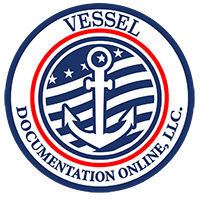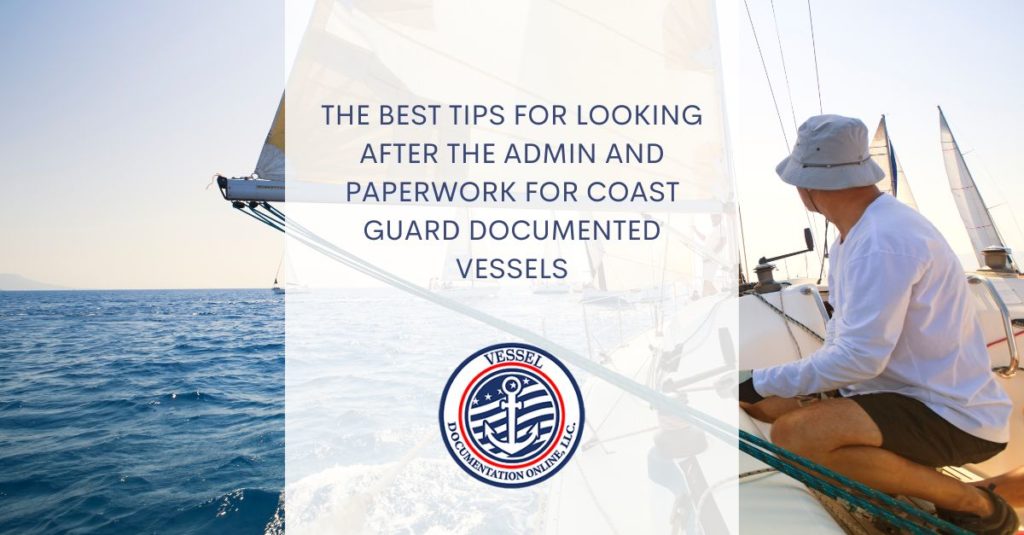Coast Guard documented vessels deal with a fair amount of paperwork, which can feel overwhelming and frustrating at times. It’s important to keep your documentation accurate and up to date for legal reasons but doesn’t make it an easy process. The tips in this guide will help you navigate the paperwork trail and streamline the steps involved so that you can be sure your documents are always in order.
Why Should You Care About Coast Guard Documented Vessels?
In other words, why is your paperwork so significant? It’s important to have documentation because it proves ownership, establishes the legal identity of the vessel and proves that you are compliant with regulations. This ensures that you can operate your boat legally and safely. Keep reading for tips to keep it all together.
Keep the Papers Organized
This sounds like a no-brainer, but it can be easy to let things pile up and until you’re overwhelmed and don’t know where to start. Create an organization system that works for you, whether it’s physical or digital. Then, take the time to add or subtract paperwork as necessary so it’s not such a huge task.
Stay on Top of Updates
Stay informed about any changes or updates to documentation requirements. That way you can address them right away and update your paperwork as required.
Set Up a Filing Routine
Another good idea is to have a routine for filing your paperwork. Take time each month to review and file relevant documents and get rid of those you don’t need anymore.
Use Digital Tools
Instead of having piles of paperwork lying around, consider organizing your vessel documentation online. This gives you a safe and secure place to store your documents and makes it easy to find them. You can also use such a system to give you updates about when renewals and compliance deadlines are approaching.
Get Trained
If you are really committed to being on top of your paperwork, it pays to take some training courses so you fully understand the process and the regulations. If you have a staff, this allows you to teach them as well, which allows you to delegate documentation tasks so that it doesn’t all fall on you to complete. Partnering with the experts will never be something that you regret doing.

Check Expirations and Do Paperwork Audits
Your documents will need to be renewed on a regular basis, so stay ahead of expirations to prevent being caught on the water without current paperwork. You can audit your documents from time to time so you can weed out papers that you don’t need and keep the ones you do need organized and ready to go. Whether you use physical paperwork or keep it online, it’s a good idea to keep it all backed up somewhere safe, just in case.
Do you need more help with the paperwork requirements for Coast Guard documented vessels? We’re here to help you with guidance and to answer any questions you have. Contact the US Vessel Documentation Center today to get started.




